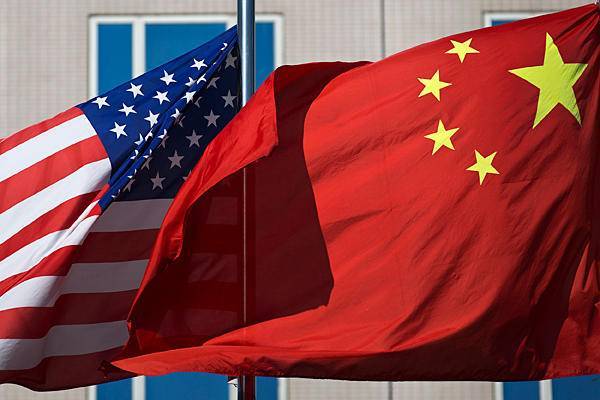The Biden administration has tightened controls on the export of materials and components used in nuclear power plants to China. This move is the latest indication of strained relations between Washington and Beijing, which have disputes over accusations of espionage, human rights issues, Chinese industrial policies, and the U.S. ban on exporting advanced technologies.
The Bureau of Industry and Security, one of the arms of the Department of Commerce, now requires exporters to obtain specific licenses to export generators, containers, and certain software intended for use in nuclear power stations in China. The Nuclear Regulatory Commission, the federal agency responsible for nuclear safety, will also require exporters to obtain specific licenses for the export of special nuclear materials and exported materials. This includes various types of uranium and deuterium, a hydrogen isotope that can be used in large quantities in reactors to produce tritium, a component of nuclear weapons.
The Biden administration stated that this action is "necessary to support U.S. national security interests and enhance joint defense and security." An American official indicated that the changes made on Monday were driven by public policy toward China. Meanwhile, Chinese embassy spokesperson Liu Pengyu stated that he had no comment on the specifics of the controls but generally emphasized that "China firmly adheres to the international non-proliferation regime" and fulfills its obligations under the Nuclear Non-Proliferation Treaty. He added that China opposes "putting geopolitical interests above nuclear non-proliferation efforts."




